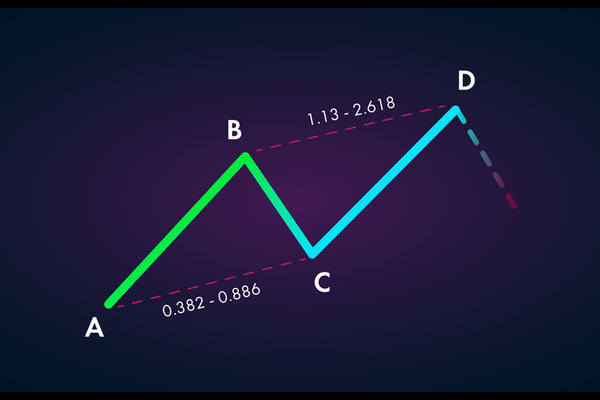The global economy is constantly changing, and forex has become
the focus of attention. With the continuous development of the forex
market, investors need to learn more about forex knowledge in order
to better grasp investment opportunities and achieve wealth appreciation.
Forex brokers refer to intermediaries in the forex market
who have been approved by the central bank or relevant forex
operating institutions to engage in forex trading on behalf of
customers. Below, we will introduce the job responsibilities of forex
brokers.

Forex brokers are like middlemen approved by central banks or relevant forex institutions to help clients buy and sell forex in the market. They're usually hired by banks, financial firms, or even governments to handle forex transactions for their customers. These brokers come in two types: some simply connect buyers and sellers, earning commissions without taking any trading risks, while others not only execute trades but also participate in forex trading, taking on the risks of potential profits or losses.
Forex brokers are professional institutions or individuals that
specialize in providing forex trading services. Their main
responsibilities include:
1. Provide a forex trading platform: Forex brokers
provide customers with an online trading platform, enabling
them to participate in global forex market trading.
2. Execution of trading instructions: Forex brokers are
responsible for executing the operations of trading forex according to the customer's trading instructions, including placing orders,
canceling orders, closing positions, etc.
3. Provide market analysis and research: Forex brokers usually
provide analysis reports, market news, and research on the forex
market to help customers understand market dynamics and develop trading
strategies.
4. Provide Leveraged Trading: Forex brokers allow clients to
engage in large-scale trading with smaller margins to increase investment
returns through leveraged trading.
5. Providing customer support: forex brokers are responsible for
handling customer inquiries and problems and providing customer support
services, including telephone, email, online chat, and other forms.
6. Fee collection: Forex brokers usually earn profits through
commissions or spreads, which means they charge a certain percentage of handling
fees or spreads from customers' transactions.
7. Comply with regulatory regulations and compliance requirements: Strictly
abide by the financial regulatory regulations and compliance requirements of the
country or region where they are located, protect customer interests, and
maintain market order.
Brokers are important participants in the forex
market, providing investors with trading platforms, information, and trading
advice services to help them obtain better returns and experience in the forex market. When choosing a forex broker, investors need to pay
attention to regulatory qualifications, trading platforms and tools, trading costs, customer support and services, and other aspects.







